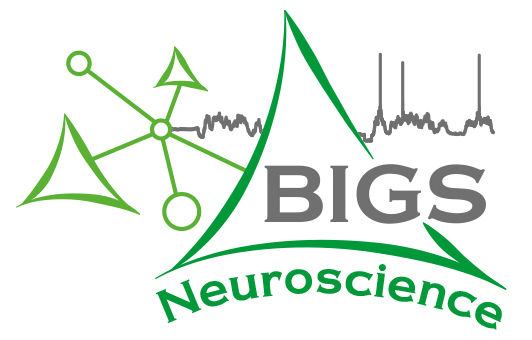Prof. Dr. Stefan Aretz
Group Leader
Hereditary colorectal cancer without polyposis
Institute for Human Genetics
University of Bonn Medical Center
Venusberg-Campus 1
53127 Bonn, Germany
University of Bonn Medical Center
Venusberg-Campus 1
53127 Bonn, Germany
Phone: +49 (0) 228 287 51011
Email: stefan.aretz(at)uni-bonn.de
Research Focus
Hereditary colorectal cancer and other hereditary tumor syndromes represent a clinically relevant disease group as well as a scientifically interesting and promising field of work with a high need for research. These are model diseases in which new genetic findings often contribute to a better understanding of the more frequent non-heritable forms of cancer. In addition to the characterization of germ line mutations, somatic mutations in tumors play an increasingly important role in therapeutic decisions. Diagnostic advances can directly contribute to improved patient care and always include preventive aspects. Scientific work and interdisciplinary patient care are therefore closely interlinked in hereditary tumor syndromes and mutually fertilise each other.
Subject of the longstanding German Cancer Aid (www.krebshilfe.de) are the description of mutation spectra, the characterization of functionally unclear variants, the analysis of genotype-phenotype correlations and the clinical description of disease patterns. In recent years, the focus has been on the identification of new causal genetic factors through the use of high-throughput methods (SNP array analysis, next-generation sequencing technologies). These are basic research projects that are always oriented towards clinically relevant aspects of the clinical pictures and in some cases have only been made possible by the size of the existing patient collective that has been developed over many years. Scientific work here is always closely linked to patient care in molecular genetic diagnostics and human genetic counselling and requires a high degree of interdisciplinary cooperation.
Subject of the longstanding German Cancer Aid (www.krebshilfe.de) are the description of mutation spectra, the characterization of functionally unclear variants, the analysis of genotype-phenotype correlations and the clinical description of disease patterns. In recent years, the focus has been on the identification of new causal genetic factors through the use of high-throughput methods (SNP array analysis, next-generation sequencing technologies). These are basic research projects that are always oriented towards clinically relevant aspects of the clinical pictures and in some cases have only been made possible by the size of the existing patient collective that has been developed over many years. Scientific work here is always closely linked to patient care in molecular genetic diagnostics and human genetic counselling and requires a high degree of interdisciplinary cooperation.
